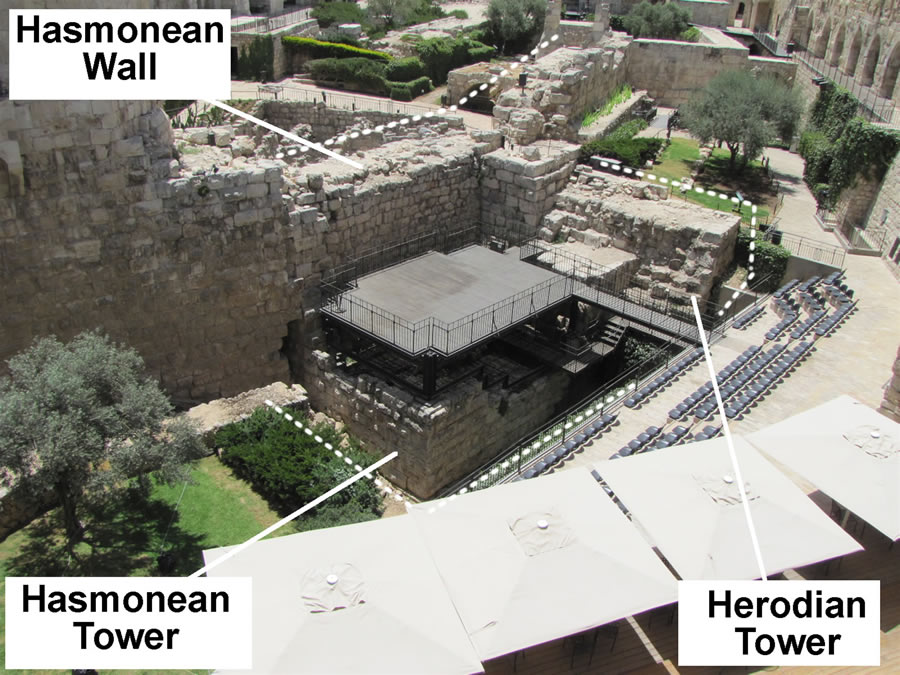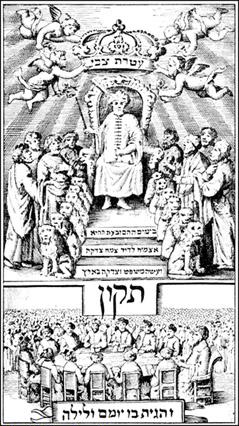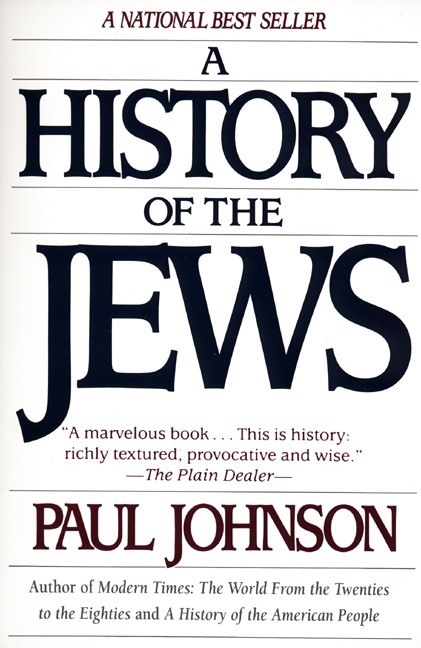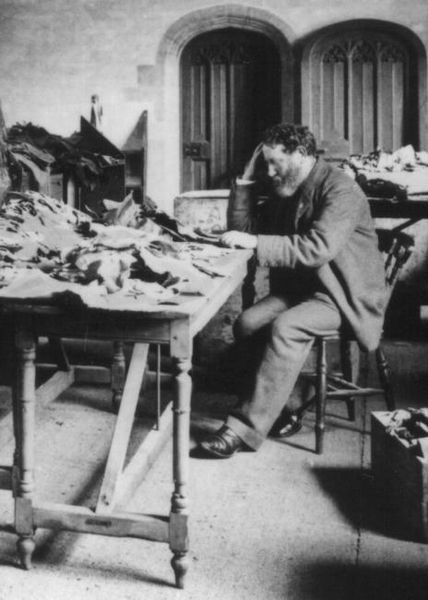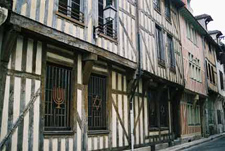
The weeks after Passover are marked as a period of semi-mourning on the Jewish calendar. Among the historical events that happened at this time were the pogroms that accompanied the First Crusade in 1096. Before the Christian Crusaders embarked on their mission to free the Holy Land from the domination of the Moslem infidels found closer infidels – the Jews – at hand.
The three main towns that the Crusaders targeted were the Rhineland communities of Speyers, Worms, and Mainz. They were the heart of Ashkenazic Jewish life in France and Germany; the great Rashi was born in Worms and studied in Mainz. The communities were prosperous, well-established and seemingly secure. But when the fury of the Crusaders fell upon them, hundreds were slaughtered and property was burned and looted. The Crusaders dragged their Jewish victims to the baptismal fount demanding their conversion to Christianity. Some Jews succumbed, but most accepted death, even killing their own families rather than accepting any form of conversion. It was a dark time in Jewish history and remains as deep and dark a page in the annals of the Christian Church.
By the end of the Second Crusade in the twelfth century, it was obvious that the Jewish future in France and Germany was dismal. In the thirteenth century, after the failure of the Third Crusade, King Louis IX of France expelled all Jews from living in his domain. In effect, this ended Jewish life in France for many centuries.
As far as the Christian world was concerned, the Crusades were a complete failure. They laid the seeds for the omnipresent hatred of Christians and Christianity in the Moslem world. They failed to establish Christian control over the Holy Land. They weakened the power and control of the Church over the European monarchs and nobles. Eventually, the failure of the Crusades led to destabilization of much of Christian Europe. Kings no longer set off on far-off adventures as easily as before.
For the Jews, the Crusades represented a rude awakening as to their truly precarious position within Christian Europe. In the end, all attempts to reach accommodation with their neighbors proved to be fruitless.
The hatred and anti-Semitism bred into Europe by the Crusades and their aftermath unfortunately still find expression today in the open hostility towards Jews, Israel and the free Jewish life that marks current European society. To blame all of this solely on increased Moslem population in Europe is to whistle past the graveyard. The memory of the Crusades is not only present within us in our commemoration, it exists in the memory of the descendants of the Crusaders.
The shadow of the Crusades haunts European Jewry till our day. It was the first of the Christian Holocausts perpetrated against the Jews of Europe. Tragically, it would not be the last. However, the enormity of the later Holocausts – Chmelienicki’s, Hitler’s, Stalin’s – has caused the memory of the Crusades and their bloody cruelty to fade into the background of Jewish consciousness.
Jews mark the time of the Crusades with days of semi-mourning and bitter memory. General society should appreciate what religious and secular fanaticism can cause. Tolerance and moderation should be the watchwords of any civilized society.

